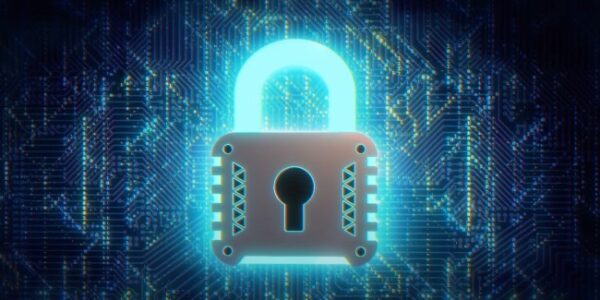 Passwords provide the first line of defense against unauthorized access to your computer and personal information. The stronger your password, the more protected your computer will be from hackers and malicious software.
Passwords provide the first line of defense against unauthorized access to your computer and personal information. The stronger your password, the more protected your computer will be from hackers and malicious software.
When choosing a password that enables access to an application, usually across a network, consider these tips:
- Avoid passwords that include common words or those closely associated with your employer, name or public history as these are easier to guess. Note that if you try to create a password that does include a common word, it may be rejected even if other complexity requirements are met.
- Use a long password or passphrase with multiple character types. If you need to use a shorter password because of application-specific restrictions, using a mix of characters (upper and lower case, numbers, symbols and spaces) will make it stronger.
- Do not use the same password for multiple sites or accounts, especially across critical accounts such as those used for banking, work and/or social media. If one website or account is hacked, then others that share the same password could also be at risk.
- Do not write your passwords down—especially not on a Post-it Note attached to your monitor or desk.
- Use a password manager, which remembers your unique passwords and can even suggest strong passwords for you to use. Some good examples include LastPass, Dashlane and 1Password.